World Animal Protection Releases New Report On Canada’s Part In The Global Commercial Wildlife Trade
A new report recently released by World Animal Protection explains the extent of Canada’s part in sustaining the cruel and dangerous wildlife trade and why it must be curbed – not only to protect animals, but to protect our health and prevent future pandemics such as COVID-19.
“We cannot ignore the fact that the current pandemic and previous major epidemics around the world are fundamentally linked to our poor treatment and exploitation of wild animals,” Melissa Matlow, Campaign Director for World Animal Protection Canada, said in a statement. “Our well-being is linked. That is why World Animal Protection is calling on the Canadian government to adopt a One Health One Welfare approach to protect animals, our planet, and our health.”
The report clams that although Canada is only 0.5% of the world’s population, it is a major contributor to the wildlife trade through importing and exporting a variety of wild animals, such as exotic pets, as well as animals for so-called ‘entertainment’ and ‘trophies.’ Canadian black bears are also hunted for their gallbladders for use in ‘traditional medicine’ and more than 340,000 wild animals are intensively farmed for their fur throughout Canada.
Also, many Canadians would be surprised to learn that the government does not actually know the full number and variety of wild animal species imported into the country each year. The report notes that between 2014 and 2019, at least 1.8 million wild animals were imported into Canada from 76 countries, including known emerging disease hotspots. At the border, there is a complicated web of agencies, each regulating different aspects of the import and export of wildlife.
Each of these overburdened agencies have their own data collection systems and requirements. Each agency also has limited jurisdiction, meaning that gaps do exist. No one agency is responsible for wildlife imports and they are not properly screened for pathogens.
Recent polling conducted by Northstar Research Partners and commissioned by World Animal Protection showed major support for government action. Some 70% of Canadians support stronger laws to reduce the wild animal trade in Canada and support a permanent ban on the commercial trade of wild animals.
The report calls on the Government of Canada to take the following initial steps:
-
Establish and fund a comprehensive system for monitoring the import, export, and sale of wild animals and their parts within Canada.
-
Work with provinces and territories to harmonize and strengthen regulations to drastically reduce captive breeding of wildlife, transport, and trade, both physical and online.
-
Strengthen enforcement of both the legal and illegal wildlife trade through improved coordination across agencies and federal, provincial, territorial jurisdictions, as well as increased funding and resources.
You can help all animals and our planet by choosing compassion on your plate and in your glass. #GoVeg


